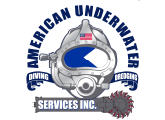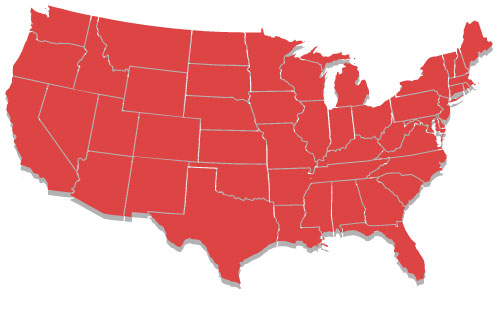The word “algae” is often used as a blanket term to cover a wide range of organisms that live in water. They help keep the pond healthy and assist in maintaining the ecological balance.
We’re going to look at the various kinds of algae and what you can do to help prevent these nuisance blooms from occurring and potentially damaging the ecosystem of your ponds.
What Problems Do Algae Blooms Cause?
Algae blooms most often occur during the hot months of the year. The intense UV rays of the warm sun cause a chain reaction, and this can lead to a massive algae bloom. As the algae start to multiply out of control, they begin to consume oxygen and release carbon dioxide.
This respiration process can literally choke the oxygen and life out of a pond. You might notice an ugly yellow or green mat of sickly-looking foam on the top of the water, or you might smell a highly offensive odor that some algae blooms give off.
These nuisance algae blooms usually occur in shallow ponds where oxygen is limited. If the pond doesn’t have an aerator or running water, the oxygen levels can be depleted rather quickly.
Fish and other aquatic wildlife that depend on oxygen-rich water can have a mass die-off, even during a mild algae bloom. There are different forms of algae that are highly toxic to both animals and humans. These outbreaks usually require a professional water sample to be taken and analyzed by a laboratory.
What are Common Types of Algae?
Algae are commonly found in all types of water, including fresh, salt, and even brackish. They’re located in lakes, ponds, rivers, and even puddles of water that don’t evaporate. Normally, they’re part of a delicate ecosystem and provide food for animals higher up on the food chain.
The only time HOA and Golf Course personnel notice algae is when it’s too late, and a bloom has already occurred. By the time they notice a bloom, the damage has most likely already been done. Oxygen depleted waters, dead fish, and an infestation that’s going to be hard to clean up can happen during an outbreak.
Here are a few common types of algae that you can find in your golf course or HOA ponds:
Macro-Algae
Macro-algae are considered to be multi-cellular organisms and are usually found in marine environments more so than freshwater. Since they’re multi-cellular, these algae have root-like stems and resemble the common aquatic plant.
The macro-algae will often compete against other plants for food and sunlight and, if left unchecked, can take over an entire pond. Starry Stonewort is a common macro-algae that’s considered to be a freshwater invasive species. They can choke the life out of a pond and cause an imbalance in the ecosystem.
Planktonic Algae
Planktonic are the most prolific of all algae species. They form a diverse group, with some being unicellular and others who form massive colonies. Planktonic algae come in a wide range of colors, from red to green to blue.
They form the very bottom of the food chain and provide life to the entire ecosystem. When they start to bloom out of control, it is very challenging to get rid of them as they sometimes will appear as if the water has been dyed a certain color. Nets and other tools are useless to remove them.
If the conditions that are causing the bloom are left unchecked and untreated, it will cover the entire surface area of the water, and literally remove all oxygen. A massive die-off will soon ensue. Certain species of Cyanobacteria, which are more commonly known as “blue-green algae,” are toxic to fish, pets, and humans.
Filamentous Algae
These algae look like green mats of slime on the top of the water. As if someone had dumped an entire 55gal barrel of toxic waste into the pond. If your pond has super high levels of calcium and phosphorous, it could lead to a filamentous algae outbreak.
Nutrient-rich water due to not having your ponds dredged every year can also cause these nuisance blooms to occur. Once the algae start to grow, they can choke the life out of any small or medium-sized body of water.
How to Prevent HOA and Golf Course Pond Blooms
It’s essential to dredge your HOA or Golf Course pond at least once a year. The process will remove much of the organic muck at the bottom that’s contributing significantly to poor and nutrient-rich water conditions. If you haven’t had your ponds or lakes dredged in a while, give us a call at (817) 377-8512.
At American Underwater Services, we specialize in dredging HOA and community ponds and bodies of water. We service all ponds, lakes, and bodies of water nationwide. We will come to you.
Our services will help increase the life of your pond, remove foul smells, and remove the harmful nutrients that are the cause of nuisance algae or plant outbreaks. Contact us today to find out how we can help clean your pond.


